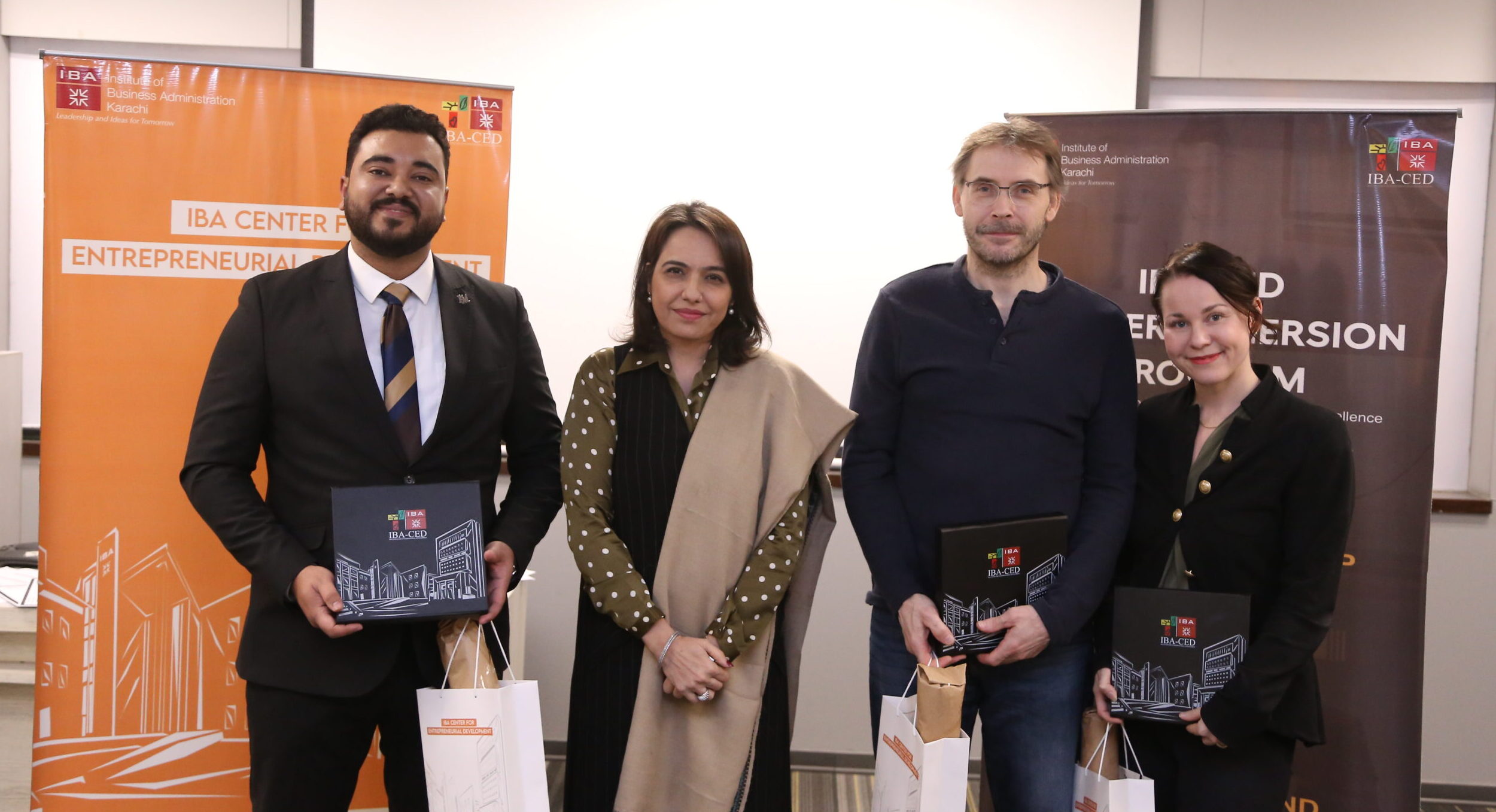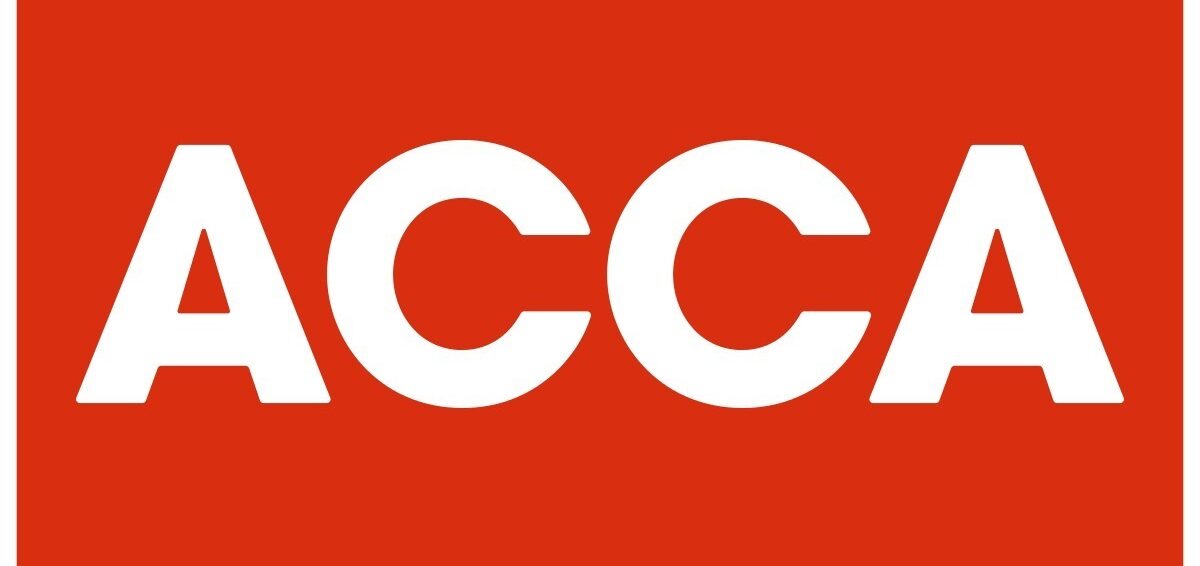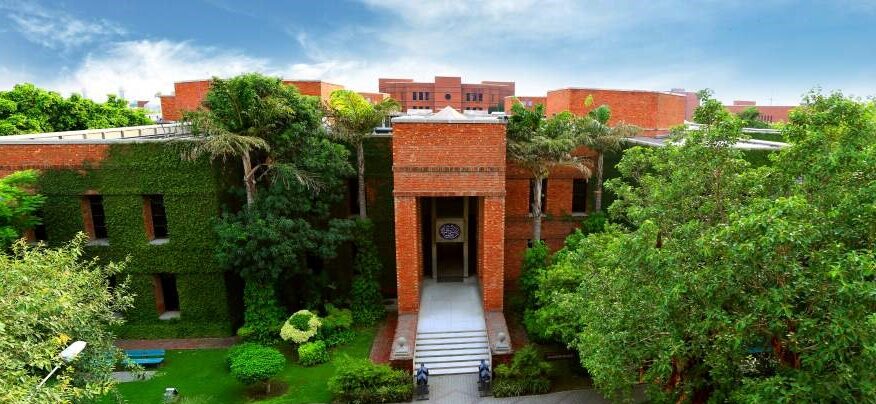- New 3D print facilities in US, and Indonesia
- M&S throws weight behind sustainable lighting refurbishment
- Big brands take to bespoke eco-friendly
luminaires printed on demand
Karachi, November 26, 2019: Signify (Euronext: LIGHT), the world leader in lighting, unveiled its facilities to 3D print light shades and fittings (luminaires) in the Netherlands and plans to establish 3D printing factories in the US, and Indonesia.
The company has perfected this highly flexible, more sustainable form of manufacturing, using a 100% recyclable polycarbonate material, which allows luminaires to be bespoke designed or tailored to customer’s exact needs and recycled at the end of their life, supporting a circular economy.
Signify’s investment in 3D printing further illustrates the company’s commitment to better serving its customers while reducing their, and its own, carbon footprint. A typical manufactured luminaire (excluding electronics and optics) has a 47% lower carbon footprint than a conventionally manufactured metal luminaire. Nearly every component may be reused or recycled, supporting the concept of a circular economy.
“We are the first lighting manufacturer to produce 3D printed luminaires on an industrial scale, reinforcing our position at the forefront of lighting and sustainable innovation,” said Olivia Qiu, Chief Innovation Officer at Signify. “Printing luminaires provides a more flexible, fast and more environmentally friendly way to manufacture. We can create new, or customize existing designs, that fulfill customer needs quickly without huge investments and long development cycles.
“Customers can have their ideas brought to life in a matter of days rather than months and printing requires less energy. Our 3D printed luminaires have a lower carbon footprint than traditionally built metal luminaires. They weigh less, which enables us to reduce the carbon emissions in shipping by 35%. By keeping production close to urban areas, we reduce the footprint even further. And of course, LED lighting is more energy efficient than conventional lighting.”
Expansion plans
Signify already has a 3D printing facility at Maarheeze in the Netherlands. It aims to have up to 500 3D printers of different sizes with the ability to create luminaires up to 60 cm height and width. In January 2020, new Signify 3D printing facilities will be operational in Burlington, Massachusetts, US, serving both professional and consumer markets. Additional facilities in Noida, India and Jakarta, Indonesia will follow quickly after. LED lights will be integrated into the luminaires at all these sites.
Online tailor, print and deliver fast service for consumers
Signify also announced the rollout across Europe of the world’s first online service to enable consumers to tailor decorative luminaires. Included in the range is a customizable Philips LED table lamp made from 24 recycled CDs.
In 2018, 79% of Signify’s sales comprised sustainable revenues. The company is committed to be carbon neutral in 2020 and was recently named Industry Leader in the Dow Jones Sustainability Index for the third year in a row.
Fashion and food retailer, Marks and Spencer (M&S), announced it is in the first phase of rolling out thousands of 3D printed luminaires across stores in the UK by the end of 2020. It joins other major customers including Albert Heijn, SAS, Total and Praxis.


























































































































































































































































































